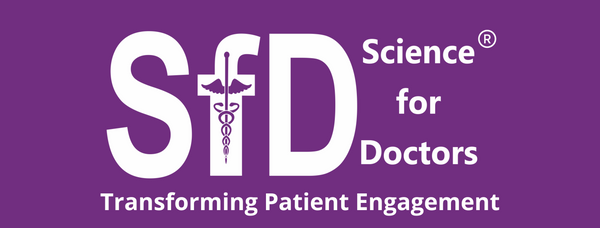
The Power of Prevention: Why Preventive Healthcare is the Key to a Healthier Future
Share
In recent years, the conversation around healthcare has shifted significantly from treatment to prevention. It’s no longer just about addressing illnesses once they arise but about taking proactive steps to avoid them in the first place. This paradigm shift is rooted in the understanding that preventive healthcare not only improves individual well-being but also reduces overall healthcare costs and enhances quality of life.
What is Preventive Healthcare?
Preventive healthcare encompasses a range of measures taken to prevent diseases or injuries rather than treating them after they occur. It involves proactive steps, including lifestyle changes, screenings, vaccinations, and regular check-ups. The goal is to catch potential health issues early, reduce risk factors, and promote overall health and wellness.
The Benefits of Preventive Healthcare:
Early Detection and Treatment: Regular screenings and check-ups can help detect diseases in their early stages when they are often more treatable. For example, routine mammograms can catch breast cancer early, significantly improving survival rates.
Cost Savings: Preventing diseases and catching them early often results in lower medical costs. Chronic conditions like diabetes and heart disease, if managed early, can prevent expensive treatments and hospitalizations down the line.
Improved Quality of Life: Preventive measures contribute to a healthier lifestyle and better overall well-being. Vaccinations prevent debilitating diseases, while lifestyle changes like a balanced diet and regular exercise can improve physical fitness and mental health.
Reduced Burden on Healthcare Systems: By preventing diseases and managing health conditions before they become severe, the overall demand on healthcare services is reduced, leading to more efficient use of resources.
Key Components of Preventive Healthcare:
Regular Screenings: Routine tests and exams, such as blood pressure checks, cholesterol tests, and cancer screenings, can help identify health issues before they become serious. Tailor these screenings to age, gender, and family history for maximum effectiveness.
Vaccinations: Immunizations protect against infectious diseases and are crucial for preventing outbreaks. Staying up-to-date with vaccines is essential for both individual and community health.
Healthy Lifestyle Choices: A balanced diet, regular exercise, sufficient sleep, and stress management are foundational to preventing many health issues. Simple changes, like incorporating more fruits and vegetables into your diet or setting aside time for physical activity, can have significant health benefits.
Mental Health Care: Preventive care extends beyond physical health to include mental well-being. Regular mental health check-ins, stress management techniques, and seeking support when needed can prevent the development of mental health conditions.
Health Education: Educating yourself about health risks and preventive measures empowers you to make informed decisions. Resources such as wellness workshops, informational websites, and healthcare professionals can provide valuable knowledge.
Making Preventive Healthcare a Priority:
Personal Commitment: Take charge of your health by scheduling regular check-ups, staying informed about recommended screenings, and adopting healthy lifestyle practices.
Utilize Resources: Many communities offer resources like free or low-cost screenings, educational programs, and support groups. Explore what’s available in your area to enhance your preventive care.
Advocate for Preventive Policies: Support policies and programs that promote preventive healthcare at a broader level, such as workplace wellness initiatives and public health campaigns.
Collaborate with Healthcare Providers: Work with your healthcare provider to create a personalized preventive care plan. Discuss your health history, risk factors, and any concerns you may have to tailor the approach to your needs.
Conclusion:
Preventive healthcare is a proactive approach that empowers individuals to take control of their health and well-being. By focusing on prevention rather than reaction, we can significantly improve health outcomes, reduce costs, and enhance the quality of life for everyone. Embracing this approach not only benefits individuals but also contributes to a healthier and more resilient society.
So, let’s champion preventive healthcare in our lives and communities. The steps we take today can pave the way for a healthier tomorrow.
